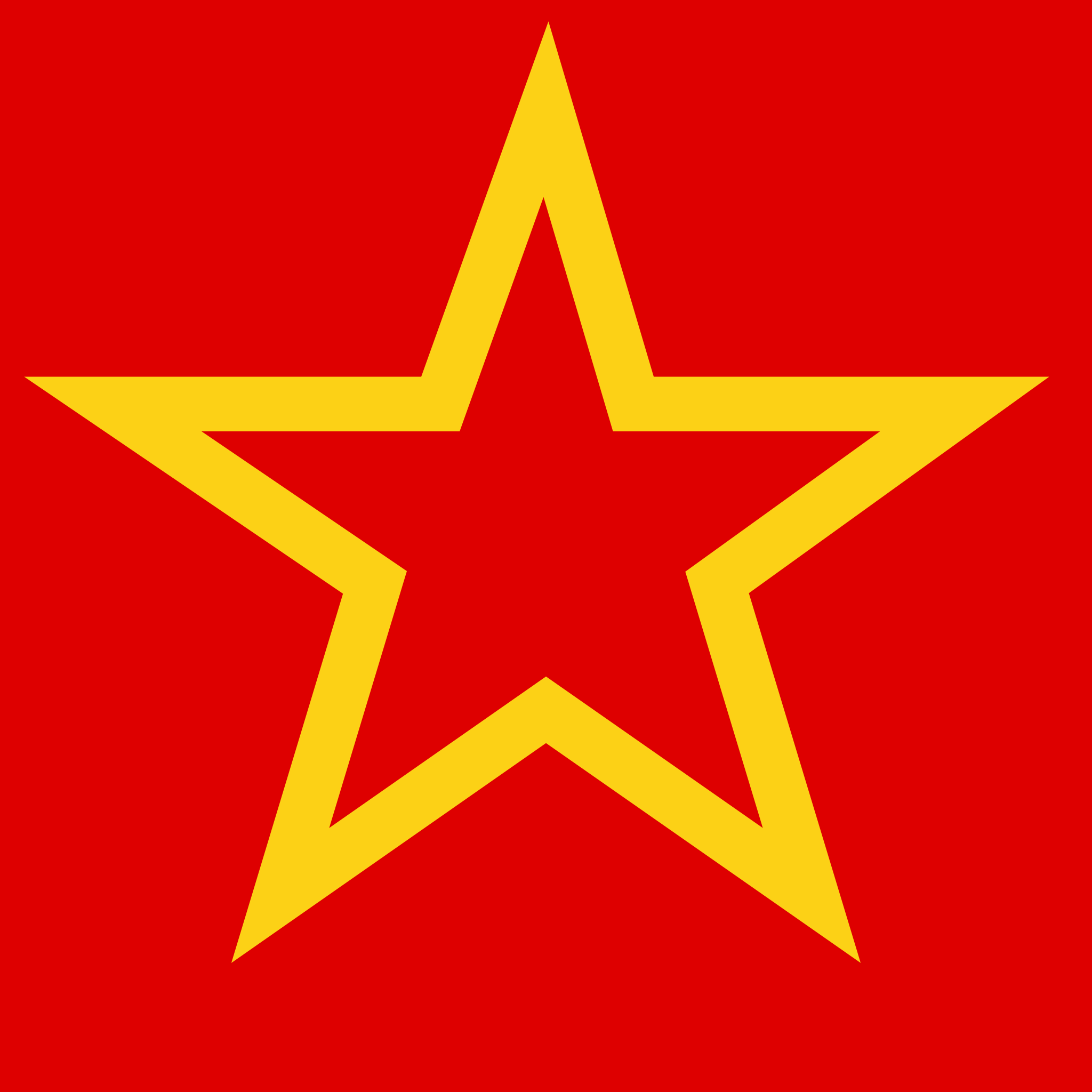Not where I am. It also doesn't turn up anything in Google.
If I'm gonna be real, it's not something most anglos would come up with. The word "evidence" evokes a lab or a courtroom where assertions without evidence are taboo. It come across as incredibly irreverent because it evokes a set of norms and then immediately violates them.
I really love it and am going to start using it.
The original phrase is "no tengo pruebas, pero tampoco tengo dudas" or "no tengo pruebas, ni dudas", so rather than "evidence" I should have used "proofs"
yeah im also going to use this in english. it's the perfect sentence.
I like the more concise version better, which I would personally localize as, "I have neither proof nor doubt." Love it.
Today in China, the word comrade means gay. Don't know how the change happened but it had to start as irony.
I was told it started in Hong Kong because the word for comrade (tóngzhì) is vaguely phonetically similar to the word for homosexual (tóngxìngliàn)
Does comrade mean gay in the mainland or is it just a Hong Kong and Macau thing?
I might be wrong but I think the word "tovarisch" in Russian has more connotations than just the socialist kind. I think it's also just a polite form of addressing someone, like saying sir or ma'am now. But communists in the USSR preferred it as their form of address. And it gets translated into English as comrade because that's the word French revolutionaries would use.
my personal favorite is referring in the third person
"if the comrade was concerned more about the organization than their own crank personal interests, they never would have made the amendment currently on the floor"
In South Africa I've heard it being used a lot in a sarcastic and ironic manner, in politics. Just check out any of our videos of parliament on YouTube.
For sure, the way people in the US Navy call each other "shipmate". Like higher ups and official communications use it sincerely and then everybody else calls each other that very ironically.













